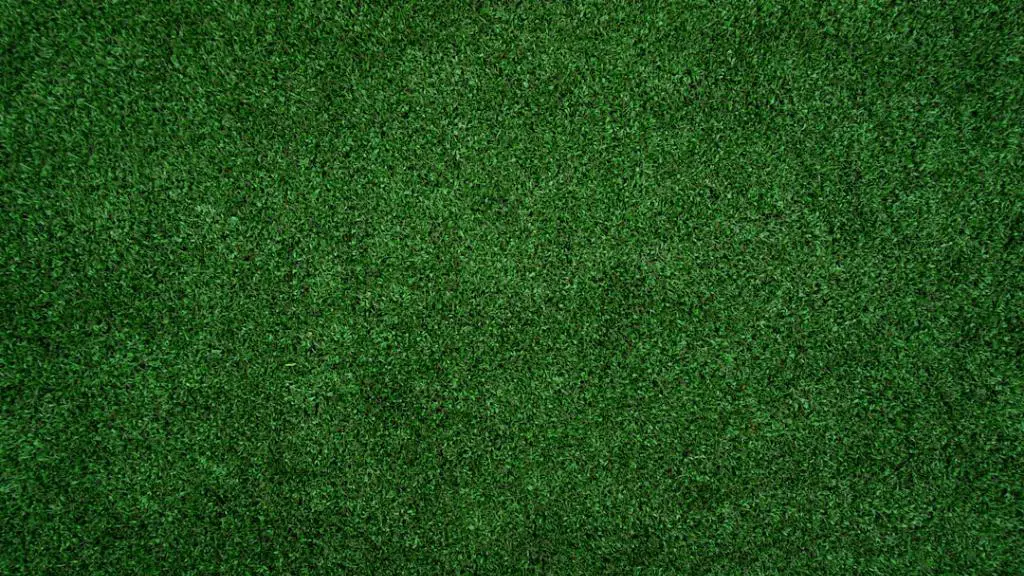When it comes to maintaining a healthy, lush lawn, the question of whether lawn clippings are beneficial often arises. Many homeowners wonder if leaving their grass clippings on the lawn is advantageous or if it can do more harm than good. In reality, lawn clippings can be incredibly beneficial for the overall health of your grass if managed correctly.
One of the primary benefits of leaving lawn clippings on your grass is that they act as a valuable source of nutrients. As grass clippings decompose, they release essential nutrients back into the soil, such as nitrogen, phosphorus, and potassium. These nutrients can help promote healthy growth and development in your grass, reducing the need for additional fertilizers.
Additionally, recycling lawn clippings back onto the lawn can help improve soil health. If your soil is sandy, heavy clay, or low in organic matter, adding organic material from grass clippings can enhance the soil structure, increase water retention, and promote better overall soil health.
Regularly mowing your lawn and leaving the clippings behind can also help reduce the need to collect and dispose of them. This not only saves you time and effort but also benefits the environment by reducing the amount of green waste that ends up in landfills.
Contrary to popular belief, leaving grass clippings on your lawn does not contribute to thatch buildup. Thatch is primarily composed of dead roots and stems, not grass clippings. In fact, the decomposition of grass clippings can actually help break down existing thatch, promoting a healthier lawn overall.
It is essential to ensure that your grass clippings are finely chopped when leaving them on the lawn. Large clumps of clippings can smother the grass and create unsightly patches. Using a mulching mower or mowing more frequently can help break down the clippings into smaller pieces for better distribution.
Some homeowners may prefer to collect their grass clippings for aesthetic reasons or to prevent tracking into the house. However, if you choose to collect them, consider composting the clippings instead of disposing of them. Composting grass clippings can create nutrient-rich compost that can be used to improve soil quality in garden beds and other areas of your yard.
Overall, when managed properly, lawn clippings can be incredibly beneficial for the health and sustainability of your grass. By recycling clippings back onto the lawn, you can provide essential nutrients, improve soil health, and reduce the need for additional fertilizers. Embracing the practice of leaving grass clippings on your lawn can lead to a greener, healthier lawn in the long run.

